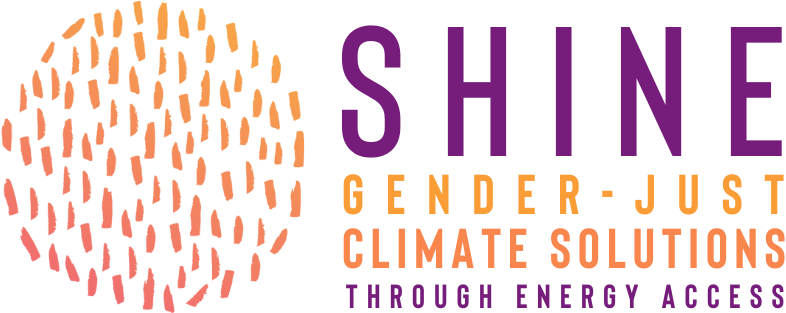Energy Peace Partners leverages economic and climate solutions to support peace in places affected by violent conflict. We believe that a paradigm shift toward climate-sensitive development can deliver enduring benefits to the 850 million people across 27 countries – primarily in sub-Saharan Africa, the Middle East, and South Asia – who have limited access to energy and are concurrently at greatest risk of conflict and climate impacts.
Communities in the world’s least electrified countries remain highly vulnerable to violent conflict and climate change. New renewable energy applications could contribute to mitigating this dynamic. However, the conditions that have driven renewable energy investment elsewhere do not exist in fragile states. At the same time, many of these countries host international peacekeeping and/or humanitarian field operations. These sizable missions, some with annual budgets that exceed $1 billion, are often deployed in off-grid locations and largely self-generate diesel-powered electricity. Building new renewable energy systems, particularly solar, in these field missions makes political, economic and environmental sense and can be leveraged to expand energy access for crisis-affected communities.
Our efforts are therefore focused on creating an enabling environment for renewable energy in fragile regions along two key tracks:
Research and Advocacy: The Powering Peace Initiative
In partnership with The Stimson Center, the Powering Peace Initiative supports the United Nations and its partner’s transition to renewable energy in field missions, as a means to introduce new renewable energy infrastructure in some of the least electrified countries in the world. Our research involves country case studies combined with an examination of the United Nations institutional approach to energy. Our aim is to develop policy recommendations for the increased use of renewable energy applications by international actors deployed in the field. Our first country case study, “South Sudan’s Renewable Energy Potential: A Building Block for Peace,” was published in January 2018 by the United States Institute for Peace.
Financial Innovation
Energy Peace Partners is currently developing the Peace Renewable Energy Credit (PREC) as a market-based financing solution to support renewable energy investment in fragile settings. The PREC is a new variant of traditional Renewable Energy Credits (RECs). PRECs offer a new way to monetize renewable energy generation in places affected by conflict. Revenue streams generated by PREC sales contribute to expanding energy access by increasing financial incentives for renewable energy development in conflict-affected settings. We are currently developing 2-3 PREC pilot projects, with the aim of rolling out the PREC to a wider group of crisis-affected settings where energy access is limited, including South Sudan, Somalia, Central African Republic, Democratic Republic of Congo, Haiti, Mali, Sudan, Burundi, Yemen, Northern Nigeria, Myanmar, Somalia and Uganda. Our long-term objective is to create a self-sustaining international PREC marketplace across a dozen or more markets that support investment in scalable renewable energy solutions, creates long-lasting energy infrastructure in countries with low levels of electrification, and lays the foundations for more stable and peaceful societies. Energy Peace Partners is currently developing the first PREC pilot project in Malakal, South Sudan that will support the financing of a solar-battery mini-grid for a group of co-located international humanitarian agencies.
Shine Campaign Commitment
Energy Peace Partners commits to expanding research and innovative finance solutions to the field of energy access
As part of our Powering Peace Initiative, we will conduct two case studies in Somalia and the Democratic Republic of Congo. These will examine the potential for renewable energy to support peacebuilding and stabilization in each country, and identify specific opportunities for renewable energy transitions that can contribute to expanding energy access to local communities in these fragile and conflict-affected states.
Our Commitment also entails ensuring that the first group of PREC pilot projects, currently in South Sudan and Uganda, expands energy access for affected local communities in a replicable and scalable manner.


